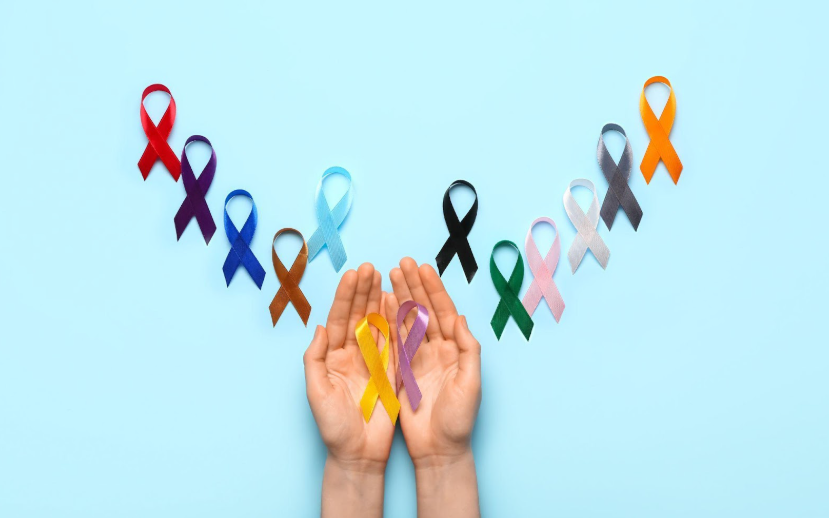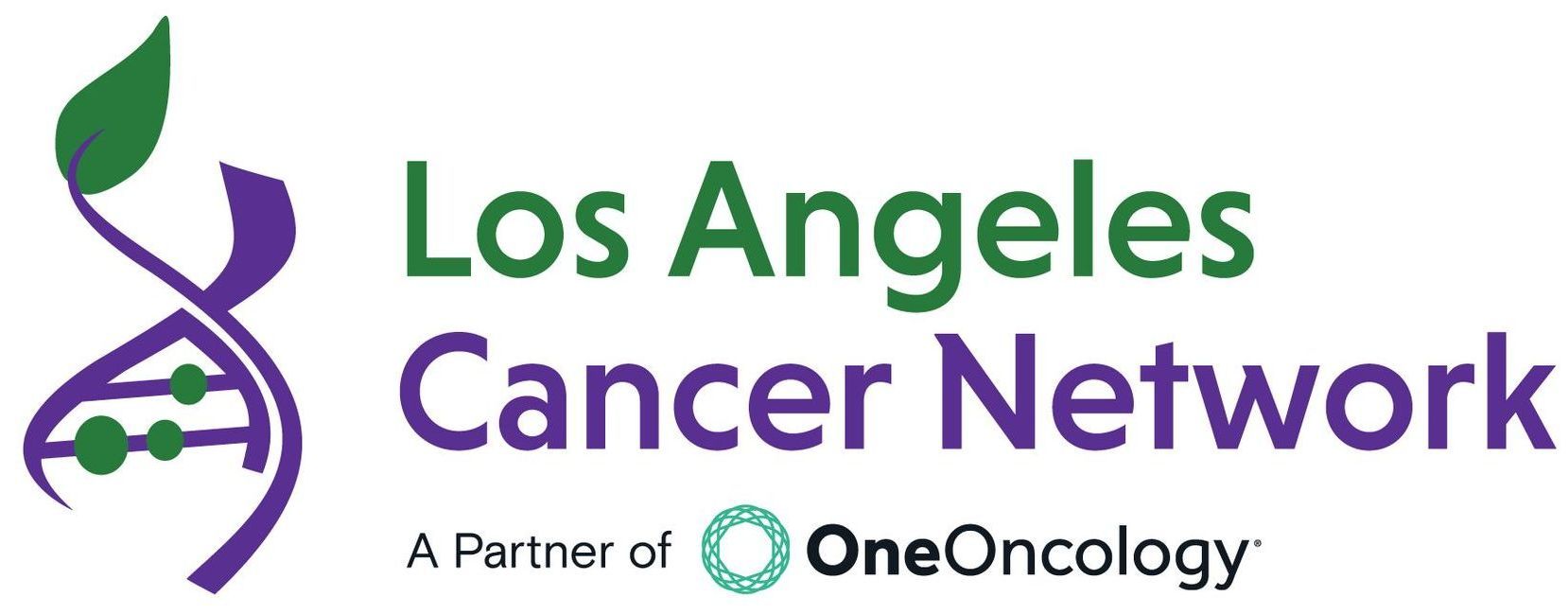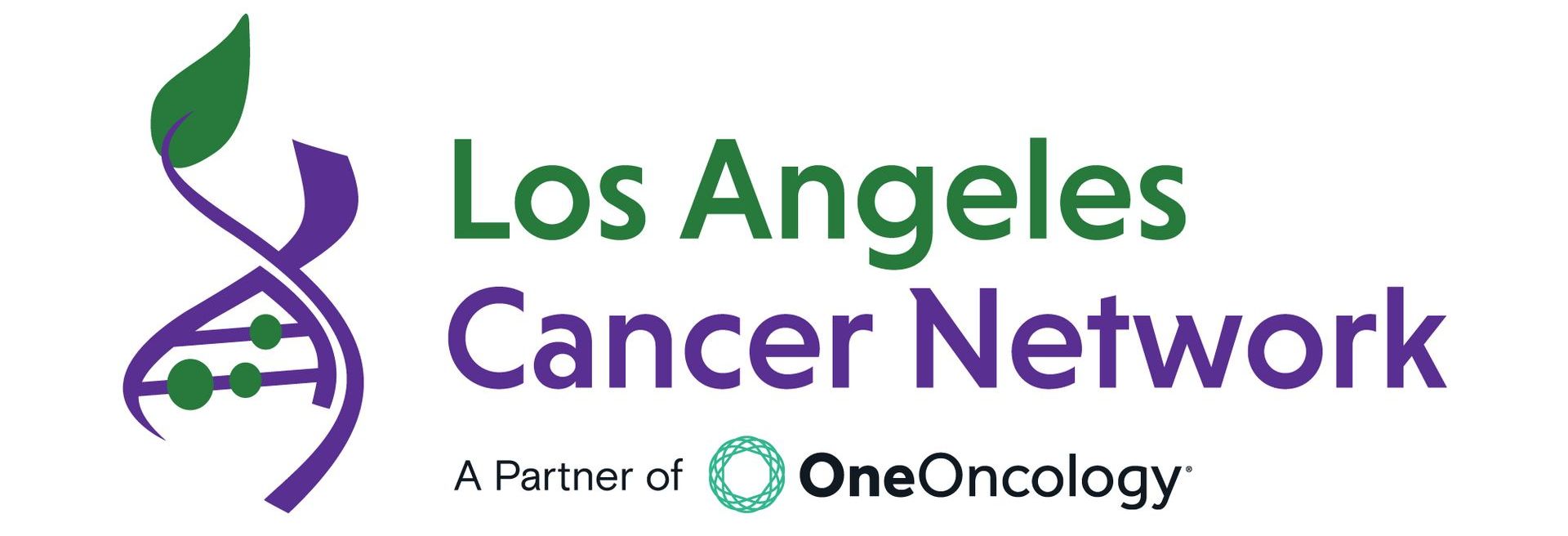Practical Tips for Taking Long-Term Cancer Medication
Practical Tips for Taking Long-Term Cancer Medication

Managing long-term cancer medication can be challenging, but the right approach can make it more manageable. Many cancer treatments require patients to take medications for months or even years, making adherence and proper management essential for effectiveness. Without a structured plan, patients may struggle with consistency, leading to complications and reduced treatment efficacy.
These approaches can help patients improve their experience and overall well-being throughout their treatment journey.
Knowing Your Medication
Understanding how your medication works can improve adherence and reduce anxiety. Cancer drugs come in different forms, including pills, injections, and infusions. Each type has specific instructions regarding dosage, timing, and potential interactions with other medications or foods. Some of them can be taken with food to enhance absorption, while others require an empty stomach for effectiveness.
Consulting with a healthcare provider about the purpose, benefits, and side effects of the prescribed treatment is necessary. Reading the medication guide and asking for written instructions can also help retain critical information.
Establishing a Routine
Taking medication consistently helps maintain its effectiveness. Setting a fixed time each day for medication intake can prevent missed doses. Some people use alarms, smartphone apps, or pill organizers to stay on track. Integrating medication into a daily habit, such as after brushing your teeth or with breakfast, can also serve as a helpful reminder. Consistency is key to keeping the drug at optimal levels in the body, which is necessary for effective treatment.
Also, tracking medication intake in a journal or mobile application can help identify patterns and ensure compliance. Some patients find it helpful to create a medication checklist or use color-coded pill organizers for different times of the day. This can prevent confusion and improve adherence to complex treatment schedules.
Managing Side Effects
Cancer medications can cause various side effects, including nausea, fatigue, and changes in appetite. Speaking with a doctor about potential side effects beforehand allows for better preparation. Understanding the likelihood and severity of side effects helps patients feel more in control.
Eating small, frequent meals, staying hydrated, and engaging in light physical activity can help alleviate common symptoms. Some patients benefit from anti-nausea medication or dietary adjustments to reduce discomfort. Fatigue, one of the most common side effects, can be managed by maintaining a balanced diet, practicing relaxation techniques, and adjusting daily activities to conserve energy.
If side effects become severe, adjusting the dosage or switching to an alternative treatment may be necessary. Patients should communicate any unusual or persistent symptoms to their healthcare provider for timely intervention. Ignoring side effects or self-medicating can lead to complications and reduced treatment effectiveness.
Storing Medication Properly
Some drugs require refrigeration, while others need to be kept in a dry place away from sunlight. Temperature fluctuations, moisture, and direct exposure to heat can degrade the active ingredients, making the treatment less effective.
Always follow the storage instructions provided by the pharmacist. Keeping medication in its original packaging and away from children or pets is also important for safety. For liquid medications or injections, proper refrigeration and handling can prevent contamination and maintain potency.
Communicating with Healthcare Providers
Regular check-ins with doctors help monitor the treatment’s effectiveness. Reporting any new symptoms, side effects, or concerns allows for timely adjustments. Keeping a medication journal to track dosages, reactions, and questions can make medical appointments more productive.
Pharmacists can also provide valuable advice on drug interactions and alternative options. Patients should discuss all supplements and over-the-counter medications they take to avoid harmful interactions. Open communication with healthcare providers ensures that patients receive the best possible care and adjustments to their treatment as needed.
Maintaining a Healthy Lifestyle
A well-balanced diet, regular exercise, and adequate sleep can support overall health during cancer treatment. Eating nutrient-rich foods, such as fruits, vegetables, and lean proteins, helps strengthen the immune system and improve energy levels. Foods rich in antioxidants, vitamins, and minerals can support the body's ability to cope with treatment.
Gentle physical activity, like walking or yoga, can improve mood and energy levels. Exercise helps reduce stress, enhance circulation, and improve overall well-being. Patients should consult their doctors before starting any new physical activities to ensure they are safe based on their treatment and current health condition.
Avoiding alcohol, tobacco, and processed foods may also support the body's ability to tolerate long-term medication. A well-balanced approach to nutrition and exercise can improve the effectiveness of treatment and enhance quality of life.
Seeking Emotional Support
Long-term medication can be mentally and emotionally exhausting. The stress of ongoing treatment, side effects, and uncertainty about the future can be overwhelming. Talking to family members, joining support groups, or seeking professional counseling can provide relief.
Online
communities and local organizations offer resources for connecting with others who share similar experiences. Many patients find comfort in speaking with others who understand their journey. Expressing feelings through journaling, art, or mindfulness practices can also be beneficial in managing emotional stress.
Staying Informed and Empowered
Updating with the latest advancements in cancer treatment can provide reassurance. Reading credible sources, attending informational sessions, and discussing new options with a doctor can help patients make informed decisions. Keeping up with medical appointments and monitoring changes in health ensures that the treatment plan remains effective.
Patients should also be proactive in advocating for their health by asking questions and seeking second opinions if needed. Empowerment through knowledge and participation in healthcare decisions can improve confidence and treatment outcomes.
Handling Missed Doses
Missing a dose occasionally can happen, but knowing how to respond is important. Some medications require taking the missed dose as soon as possible, while others advise skipping it and continuing with the next scheduled dose. Checking with a doctor or pharmacist for specific guidance prevents complications.
Patients should not double their next dose unless instructed by their healthcare provider. Having a contingency plan, such as setting multiple reminders or keeping an extra dose on hand when traveling, can help minimize missed doses.
Reviewing Medication Regularly
Long-term treatment plans may require adjustments over time. Periodic evaluations with a healthcare provider can determine if the medication is still effective or if changes are needed. Newer treatments or combination therapies might become available, offering better results or fewer side effects.
If you or a loved one are managing long-term cancer treatment, we at the
LA Cancer Network are here to support you every step of the way. Our expert oncologists provide personalized care, guidance, and advanced treatment options to ensure the best possible outcomes.
Contact us now to get the care you deserve.

All Rights Reserved | Los Angeles Cancer Network





















